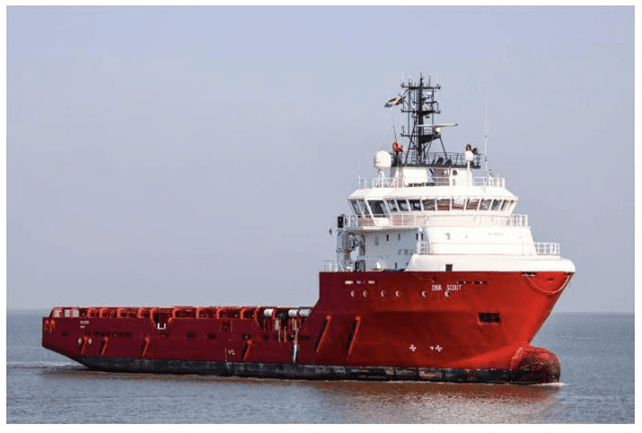Study finds that effective hull and propellor cleaning cuts carbon and cost

Accelerating the decarbonisation of marine operations is a critical driver in the energy transition.
Peterson Energy Logistics recently undertook a study with University of Delft and University of Genua to examine the effectiveness of hull and propeller cleaning in reducing fuel consumption and emissions in shipping.
It was found that cleaning interventions, conducted at a particular point, can reduce fuel consumption by between 5 and 7% resulting in savings of around €10,800 over a three-month period.
Researchers now believe that the methodology applied in the study could lead to changes in a range of energy saving interventions.
Reinier Dick, SNS Pool Manager at Peterson, said:
“These are very interesting results which have shown that, through timely, low-cost, low-effort interventions, there can be significant improvements made in terms of decarbonisation and optimisation of marine operations.”
Biofouling can increase hull resistance by up to 40%, resulting in higher fuel consumption leading to increased CO₂, NOx, and SOx emissions. Frequent maintenance also incurs high costs and operational risks.
The researchers tested cleaning the hull of the Dina Scout at three different stages in order to assess the impact of cleaning on operations using machine learning and counter factual analysis.
The Dina Scout is one of the Platform Support Vessels (PSVs) for the SNS Pool, managed by Peterson. The SNS Pool consolidates PSV activities across operators into a single, optimised schedule, reducing duplication and maximising vessel utilisation servicing 150 offshore locations.

How can we help you?
Are you looking for a quotation or do you have a question? Please let us know! We are glad to be of help or inform you of our services.